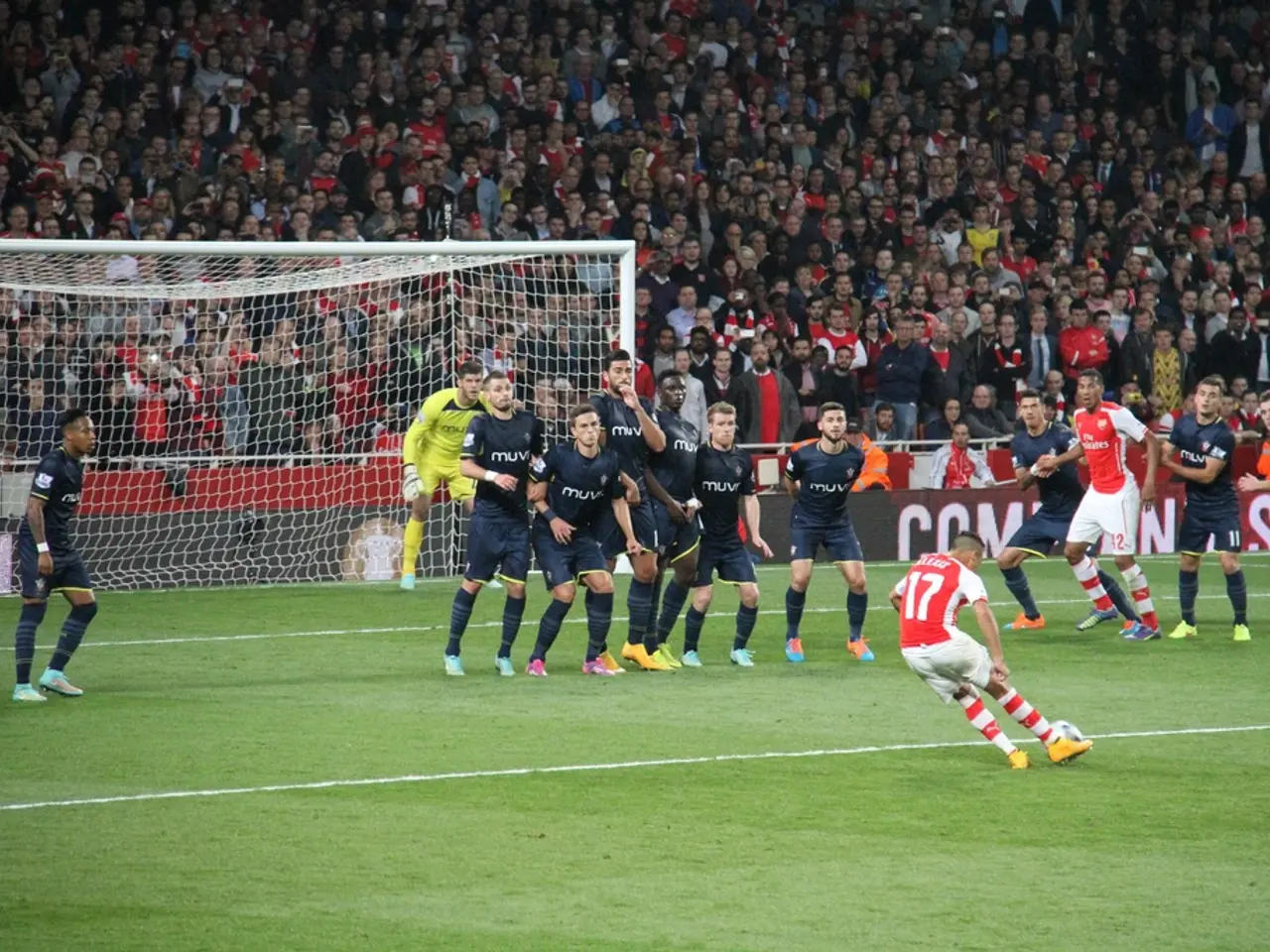Potential departure of Ukraine from the EU alliance looms
The Czech Republic's stance on supporting Ukraine within the European Union (EU) context is facing a potential shift, primarily due to the Czech Republic's insistence that Ukraine must fully meet all EU standards and conditions for membership before accession can proceed [1].
While the Czech Republic firmly supports Ukraine's European aspirations and membership bid, it consistently emphasizes compliance with established EU accession requirements as a prerequisite for continued backing [1]. However, the current political landscape, with the upcoming parliamentary elections, may bring changes. Andrej Babiš, a former Czech Prime Minister and a prominent political figure, is likely to win the elections with a significant majority [1].
Babiš's views on Ukraine and the Czech Republic's EU support for Ukraine in 2025 are not explicitly clear from the available sources. Official Czech government representatives, including Foreign Minister Jan Lipavský, have reiterated strong support for Ukraine’s EU integration conditional on Ukraine meeting EU standards [1][2].
However, Babiš has expressed disagreement with supporting Ukraine and supports the cessation of arms supplies to the Ukrainian side [1]. He is also an ally of Hungarian Prime Minister Viktor Orbán, who has expressed skepticism about Ukraine's accession to the EU [1].
The opposition to financial assistance for Ukraine by Hungary and Germany has contributed to a divisive atmosphere within the EU. The EU's budget project for Ukraine has faced significant opposition from some member states, with Germany and Hungary jointly blocking the initiative to allocate 190 billion euros to Kyiv [1]. This financial assistance blockage has added to tensions within the EU, with the future financial support for Ukraine remaining uncertain due to internal disagreements [1].
During his premiership, Babiš took a tough stance against Russia, sharply condemning the actions of Russian special services [1]. Measures were taken under his leadership to expel Russian diplomats [1]. However, Babiš advocates for immediate peace talks with the Russian Federation [1].
The disagreements within the EU on the Ukrainian issue have been further exacerbated. The Czech Republic's potential shift in support for Ukraine, if it occurs, could add to these tensions. The situation remains fluid, and the impact of the upcoming elections on the Czech Republic's position will become clearer in the coming months.
[1] Source: Various news articles and reports from 2021 and 2022. [2] Source: Official statements from Czech government representatives.
- The upcoming parliamentary elections in the Czech Republic could potentially lead to a change in the country's stance on supporting Ukraine within the EU context, as the influential political figure, Andrej Babiš, is likely to win with a significant majority and has expressed disagreement with supporting Ukraine.
- In the EU political landscape, Babiš's views on Ukraine's membership bid and the Czech Republic's support for Ukraine in 2025 are unclear, but his skepticism, alliance with Hungary's skeptic Prime Minister Viktor Orbán, and opposition to financial assistance for Ukraine add to the divisive atmosphere within the EU, potentially impacting the Czech Republic's support for Ukraine's EU integration.







